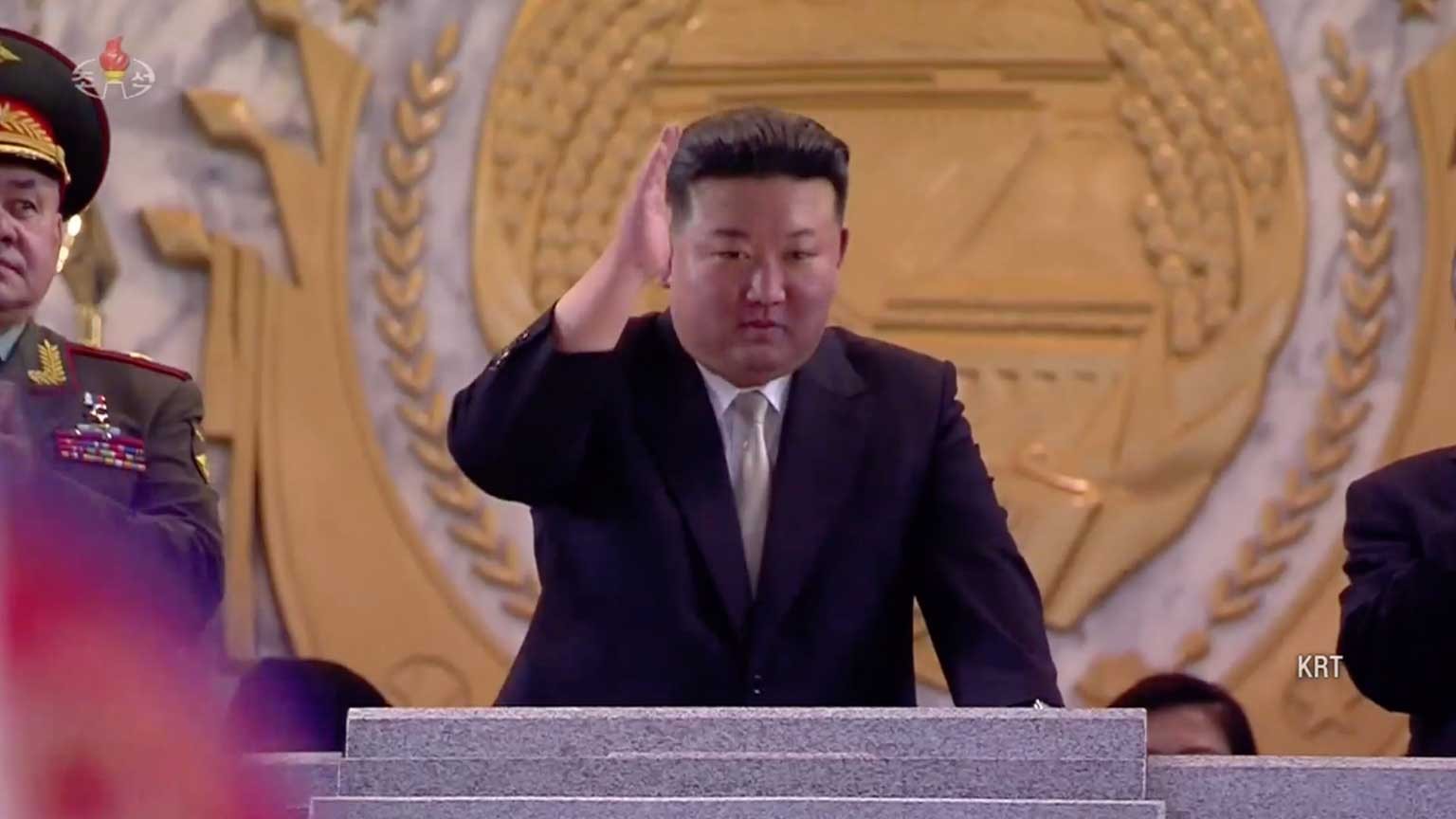Kishida spoke to reporters on Tuesday after North Korea notified the Japan Coast Guard that it would launch the satellite sometime between August 24 and 31.
He said that the use of ballistic missile technology violates the relevant UN Security Council resolutions, even if its purpose is to launch a satellite. He added that such an act could put the people of Japan in "grave danger."

The prime minister said the government has already built defense readiness against any projectiles that seem likely to fall within Japan's territory.
He referred to the deployment of the Maritime Self-Defense Force Aegis destroyers, equipped with advanced radar systems. He added that land-based PAC-3 interceptor systems are also on standby in Okinawa Prefecture in southwestern Japan.
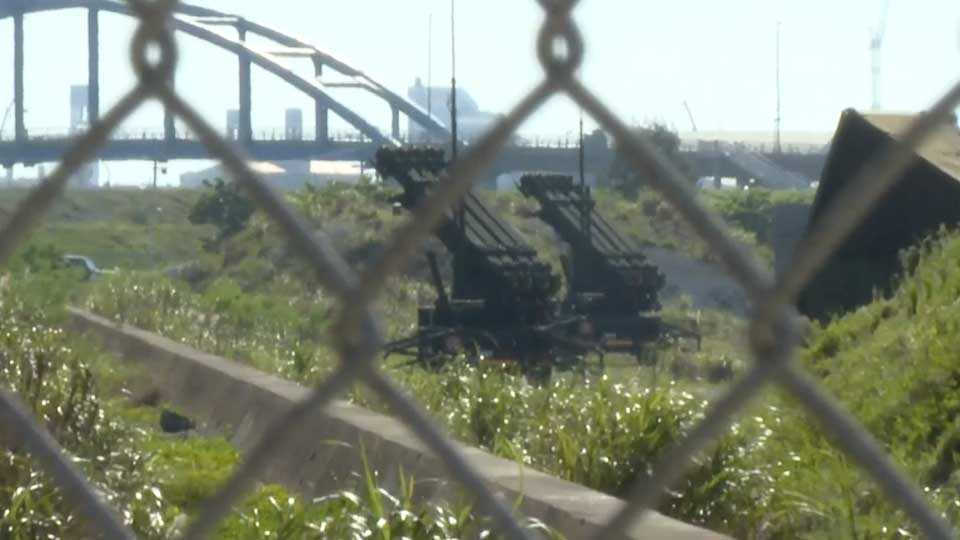
N.Korea denounces US-S.Korea joint drill
On Tuesday, North Korea's state-run Korean Central News Agency published a commentary denouncing a regular US-South Korean joint drill to prepare for contingencies on the Korean Peninsula. The commentary made no reference to Pyongyang's plan to launch what it calls an artificial satellite.
The commentary said that "the US and other hostile forces are going to wage over 30 joint field maneuvers and other exercises for an actual war to invade the north in all the operation areas."
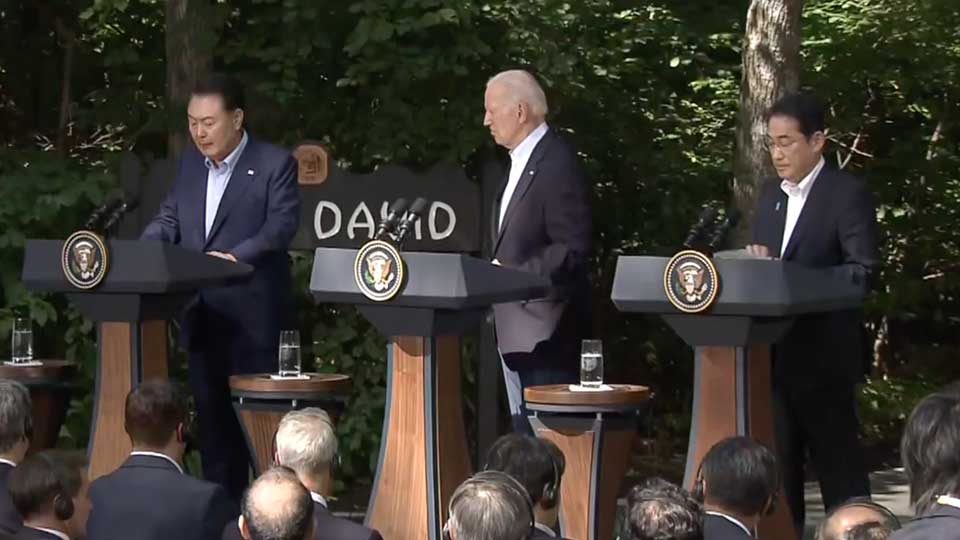
It also touched on a summit between the US, Japanese and South Korean leaders held in the US on Friday. It said the leaders met "to detail, plan and formulate the nuclear war provocation on the Korean Peninsula."
Previous launch announcements
North Korea has made five previous similar announcements. It fired what experts believe were ballistic missiles between the first and third day of each of its declared launch windows.
In April 2009 and April 2012, its launches occurred on the second day of its window. Launches took place on the third day in December 2012, and on the first day in February 2016 and in May this year.
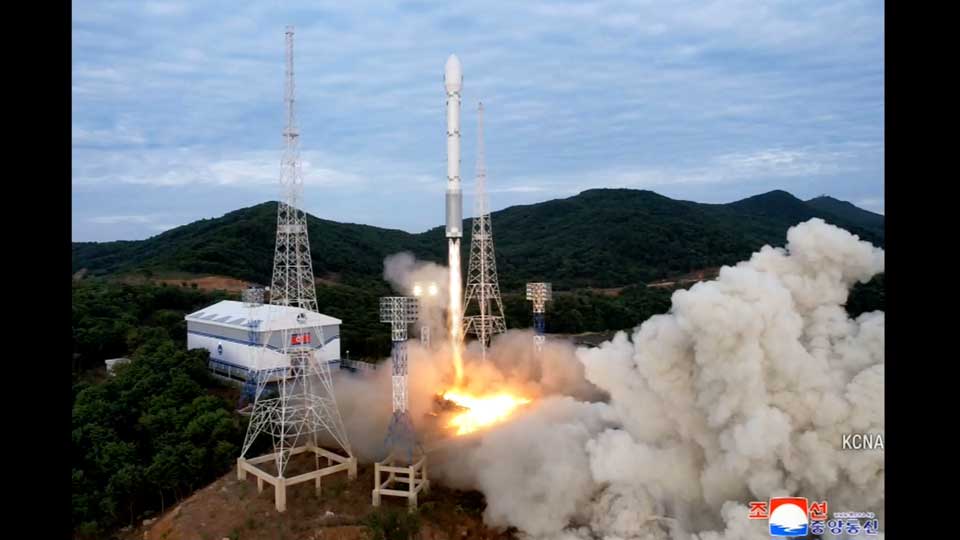
Pyongyang is expected to pick the date for its upcoming launch based on factors including weather conditions. Poor weather, including high winds, heavy rain and lightning, could adversely affect rocket launches.
Military satellite among North's five major goals
North Korea has said that developing a military satellite has great significance among the five major goals included in its five-year national defense plan which began in 2021.
Leader Kim Jong Un has stressed that a military reconnaissance satellite is essential to provide North Korea's armed forces with real-time information on US military activities in South Korea, Japan and the Pacific.
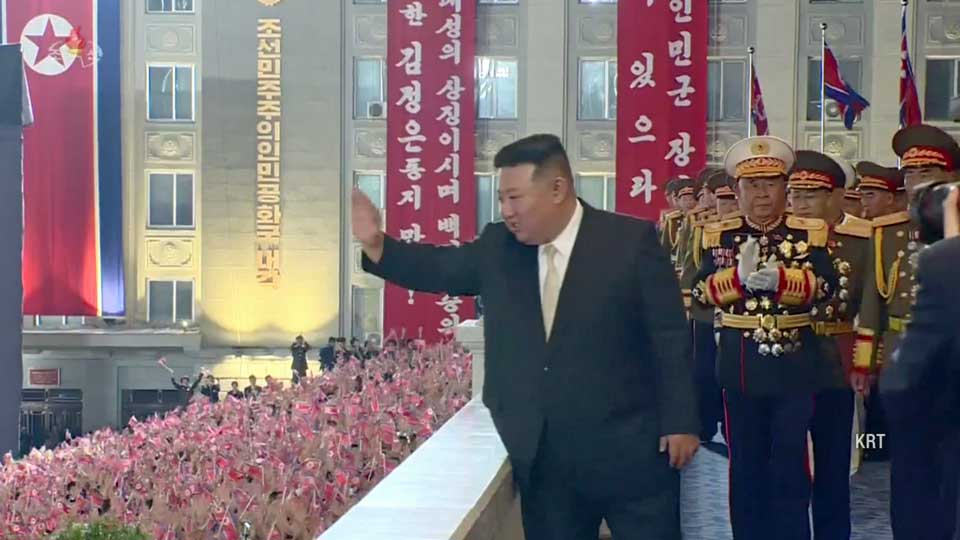
North Korea is set to commemorate the 75th anniversary of the nation's founding in September. Kim has said it should be "a day that shines with a big victory and achievements."
South Korea's intelligence agency said the North may launch a rocket between late August and early September to boost the country's mood for the anniversary and national prestige.
N. Korea satellite launch failed in May
North Korea called its military reconnaissance satellite launch attempt in May a "most serious failure." It said that the rocket lost its propulsion due to trouble in the second-stage engine after separating from the first stage.
It said that it would conduct another launch as soon as possible after investigating serious defects it discovered.
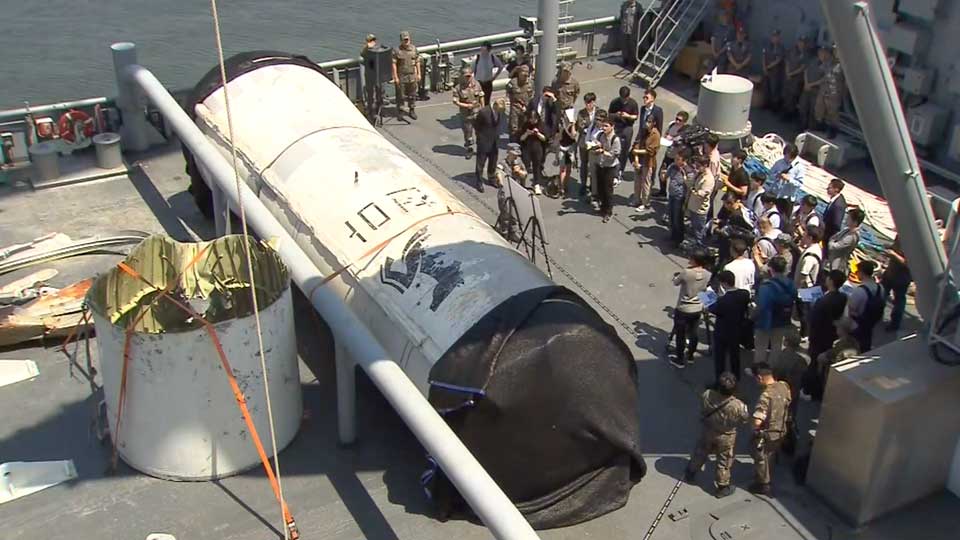
In June, South Korea's military recovered the satellite remains from the failed launch, including important parts which fell in the Yellow Sea west of the Korean Peninsula. Its analysis of the remains showed that the satellite had no capability to be used for military reconnaissance.
